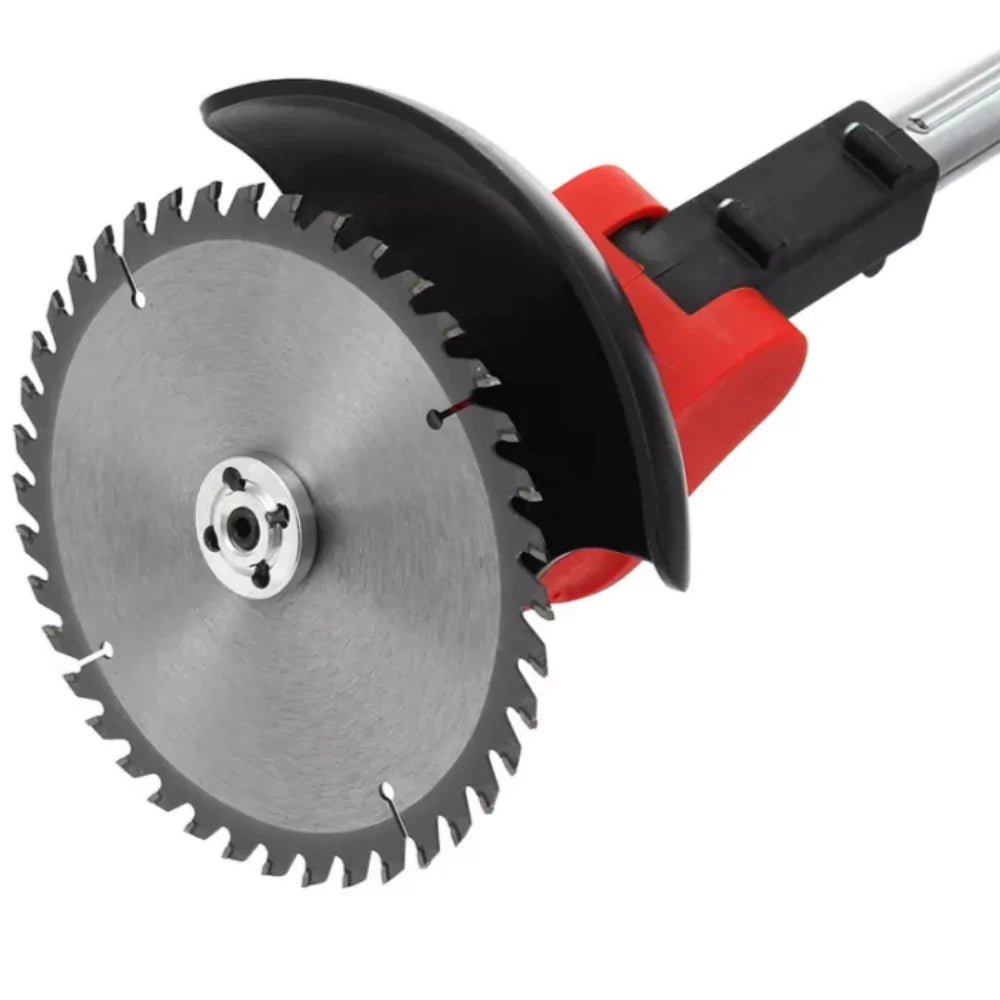Factors to Consider for Your Landscaping Needs
Now that we've compared Weed Cutter and traditional trimmers, it's time to delve deeper into the factors you should consider when deciding which tool is right for your specific landscaping needs.
1. Lawn Size
The size of your lawn plays a significant role in determining the right tool for the job:
-
Small to Medium Lawns: If you have a relatively small to medium-sized lawn, both Weed Cutter and traditional trimmers can get the job done effectively. Consider your preference for cordless convenience and noise levels when making your choice.
-
Large Lawns: For larger lawns, the Weed Cutter's cordless operation and long battery life offer a distinct advantage. You won't be tethered to a power source or disturbed by the noise of a gasoline engine.
2. Noise Tolerance
Noise pollution can be a concern, especially if you live in a quiet neighborhood or have nearby neighbors. Consider your noise tolerance and local regulations:
-
Low Noise Priority: If you prioritize a quiet lawn care experience and want to maintain good relations with neighbors, the Weed Cutter's low noise level of 70 dB makes it a favorable choice.
-
Noise Considerations: Traditional trimmers, especially gasoline-powered models, can be significantly louder. If noise isn't a concern for you, this might not be a deciding factor.
3. Eco-Friendliness
Environmental considerations are increasingly important when choosing lawn care equipment:
-
Eco-Friendly Option: The Weed Cutter's battery-powered design, absence of emissions, and reduced noise pollution make it an eco-conscious choice. It aligns with the growing trend towards sustainable and green landscaping practices.
-
Gasoline Engines: Traditional trimmers with gasoline engines emit pollutants and contribute to air pollution, which may not align with your eco-friendly values.
4. Maintenance and Fuel Costs
Consider the long-term costs and maintenance associated with each tool:
-
Weed Cutter: Requires minimal maintenance, primarily involving battery recharging and occasional blade replacement. Operating costs are generally lower since there's no need to purchase fuel.
-
Traditional Trimmers: Gasoline-powered trimmers require regular fuel and oil changes, potentially leading to higher operating costs over time. Corded electric trimmers have lower operating costs but may require more maintenance.
5. Mobility and Convenience
Evaluate how mobile and convenient you need your lawn care tool to be:
-
Mobility: Weed Cutter's cordless design provides unrestricted mobility throughout your yard. You can reach corners and edges without worrying about cords or fuel limitations.
-
Corded Electric: Corded electric trimmers are limited by cord length, and gasoline-powered trimmers can be heavy and less maneuverable.
Conclusion
In the Weed Cutter vs. traditional trimmers debate, it's essential to consider your specific landscaping needs, environmental values, noise tolerance, and long-term operating costs. Both options have their merits, and the right choice ultimately depends on what matters most to you.





